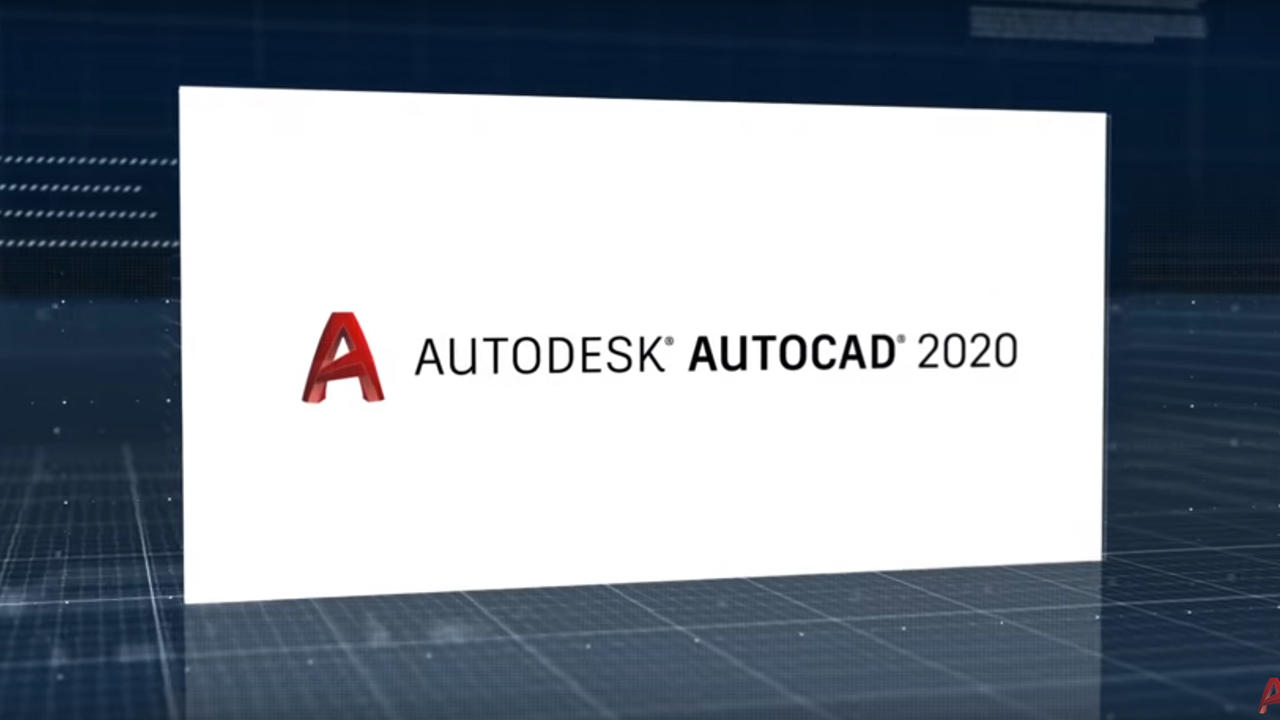When learning any skill, it can be difficult to start, especially when it comes to IT and computer science. For those who know what they want to study, it's a good idea to just find the best schools for studying computer science and take it from there.
However, not everyone has the same requirements and for those already in work, taking a sabbatical to study computer science at university mightn't be an option.
In these cases, the perfect course won't necessarily just be the one at the best-ranked university, but rather the course that teaches the computer science skills you need in a way that works for you.
Whether it's through a university, specialised courses at colleges and schools, online courses, or by teaching yourself, there are plenty of options for everybody who wants to learn more about IT and computer science.

Taking a Computer Science Course at Institutes of Technology and Polytechnics
If several years of studying a computer science degree at one of the country's best universities for IT isn't feasible, you can always look to some of the great Institutes of Technology and Polytechnics (ITPs) for a better choice of more flexible courses.
The New Zealand Qualification Framework (NZQF) is divided into 10 levels with the top three levels (8, 9, and 10) including Bachelor's Degrees, Master's Degrees, and Ph.D.s.
Many of the IT courses at ITPs cover a range of the lower levels, but it doesn't mean they're less valuable. The ideal course is the one that gets you the skills and knowledge you need, not necessarily the one at the highest level on the qualifications framework.

Career Options with IT and Computer Science Qualifications
When choosing the right IT or computer science course, think about the jobs you'd like to do and the requirements in terms of level, skills, and knowledge.
Here are just a few of the potential careers you could have with IT and computer science qualifications.
- Anti-virus and Computer Security/Cybersecurity Expert (also known as Information Systems Security Expert)
- Computer Scientist/Computer Programmer
- Database Administrator
- Database Design Expert
- Developer
- Engineer
- Ethical Hacker
- Graphic Designer
- IT Technician
- Multimedia Specialist
- Software engineer
- Systems Integrator
- Video Editor
- Web Designer
The levels and qualifications required will differ depending on the job so look at job postings to see whether you need a BSc degree from a university, qualifications from ITPs, or if there are skills you can teach yourself.
The good thing about IT and computer science is that since so many different industries use computers and IT, you can work in almost any area, including:
- Business Management
- Criminal Justice
- Financial Aid
- Forensic Science
- Humanities
- Information Science
- Information security and information assurance
- Mathematics
- Online Education
- Psychology
Through ITPs and certificates and qualifications, you can be quite specific with what you study. You can learn specific programming languages like Ruby, Python, MySQL, JQuery, Java, and JavaScript or specialise in networks, data analysis, etc.
For most computer science or IT jobs, specific skills are often required rather than the kinds of things you'll learn on an undergraduate degree program, which can take years and also comes with hefty fees.
Studying a Computer Science Course at University
For many computer science jobs, an undergraduate degree is an entry-level requirement for most jobs, especially those in software engineering and programming.
If you're willing to go down the academic route, then you need to think about finding the right degree programme, applying to university, and then committing several years of your life to studying computer science.
Every course is different so make sure you check that you'll be learning the right computing skills for your chosen career. You should be able to find a module guide on the course page to see the kinds of skills you'll be learning.
Don't forget to consider the entry requirements for each university and course before you apply, too. There are also fees to think about as well. If there's something really specific you want to do with computing, then a degree may be too long (three years at least) or too costly ($20,000-$25,000 a year) for what you need to learn. International students also need to consider the English language requirement before applying to university courses in New Zealand.
Overall, an undergraduate degree is a great idea for somebody who knows that they want to work in computer science, computing, or IT as their qualification will provide them with the relevant skills for most jobs, but if you know exactly what job you want to do, studying at university is probably far more expensive and time-consuming overall.

How to Get Started with IT and Computer Science Courses for Beginners
If you're understanding of IT or computer science is minimal, then you'll need to start with an entry-level or foundation program to learn the basics of using computers and other devices.

There's no shame in starting at the beginning since everybody's different and there are plenty of people with limited IT skills of all ages. While the stereotype is that the older generation has a limited understanding of computers, you'll see that when it comes to computer systems, there are plenty of people who for one reason or another, never learned how to use them.
Even if you aren't looking for a career in computer science or working in IT, basic computing skills are useful in almost every modern job and can be useful when applying for jobs.
You can find beginners' IT and computer science courses at universities and ITPs as well as online computer courses, where you can learn at your own pace, doing the classes when you have the time.
Foundation courses in IT will likely cover basic administrative functions like using the Microsoft Office Suite, sending emails, browsing the internet, etc.
The Benefits of Online Computer Courses
Nowadays, almost everything is done online, including learning about computers. Online computer science and IT courses are a great way to master computer skills from the comfort of your own home during your free time.

Whether you're interested in coding, graphic design, web development, software engineering, or any other IT or computer science career, online courses can teach you the necessary skills.
Whether it's a formal course or online YouTube tutorials and lectures, you can find courses and materials that match how you like to learn.
You can even go as far as earning a complete bachelor's degree while studying online, but as we mentioned earlier, you can always look to other qualifications and certificates that are specifically aimed at teaching you a specific set of computing skills.
Don't forget that qualifications aren't a golden ticket to a job, though, and it always helps to network and make connections in the industries that you'd like to work in.
Even though you can attain a really high level of computer literacy through IT courses online, networking and gaining connections to professionals in the industry through learning at national academic institutions and universities will help to launch your career, especially if you're studying IT or computer science to change careers.
The downside to online courses is that you'll likely have less support than if you studied a course in person. Online courses are great if you're a motivated self-starter who's willing to put in the work, but if you find that you can't be bothered to study your online course, it'll quickly become a waste of time and money (if you're paying for it).
Finding Computer Science Teachers and Tutors
Computer science tutoring is great for university students and those studying any other qualifications. You can also get IT and computer science tutoring if you're not studying elsewhere.
After all, you can use tutoring to offer academic support for the parts of your computer science program that you find difficult or you can work with a tutor to learn the specific skills you need.

It's up to you how academic your tutoring needs to be and the best thing about computer science tutoring is that everything can be tailored to you, your level, and how you like to learn. If you like studying and want your tutoring to be really academic, it can be, but if you prefer a more relaxed environment, then look for private tutors who teach in a way that works for you.
Things to Consider Before Doing a Computer Science Course
We've looked at a few different ways you can study computer science, but before you choose which is right for you, you'll need to ask yourself some important questions and think carefully about academic options.
Firstly, think about the requirements for the courses you'd like to do. University courses will all have entry requirements and you'll need certain grades (often from school) or other qualifications before you can apply.
You're able to do certain IT courses at ITPs without any other qualifications, but some of the more advanced courses and higher-level courses may require students to have an understanding of mathematics.
You also need to think about time. An undergraduate degree takes several years and you'll either do it full-time or part-time around work or other commitments. Online courses and tutoring can be done in your free time, but you still need to find the time to do it.
Finally, you need to think about the cost. University fees aren't cheap and you still have to pay for a lot of courses. As for some free courses, you tend to get what you pay for so don't expect the best courses if you're on a budget. The same is true for private tutors, but you can still find some very good and affordable tutors to help you!
You can study programming on your own, but you'll tend to get better results if you're studying as part of a class, a university undergraduate degree program, or with a private computer science or programming tutor.
Summarise with AI:
























